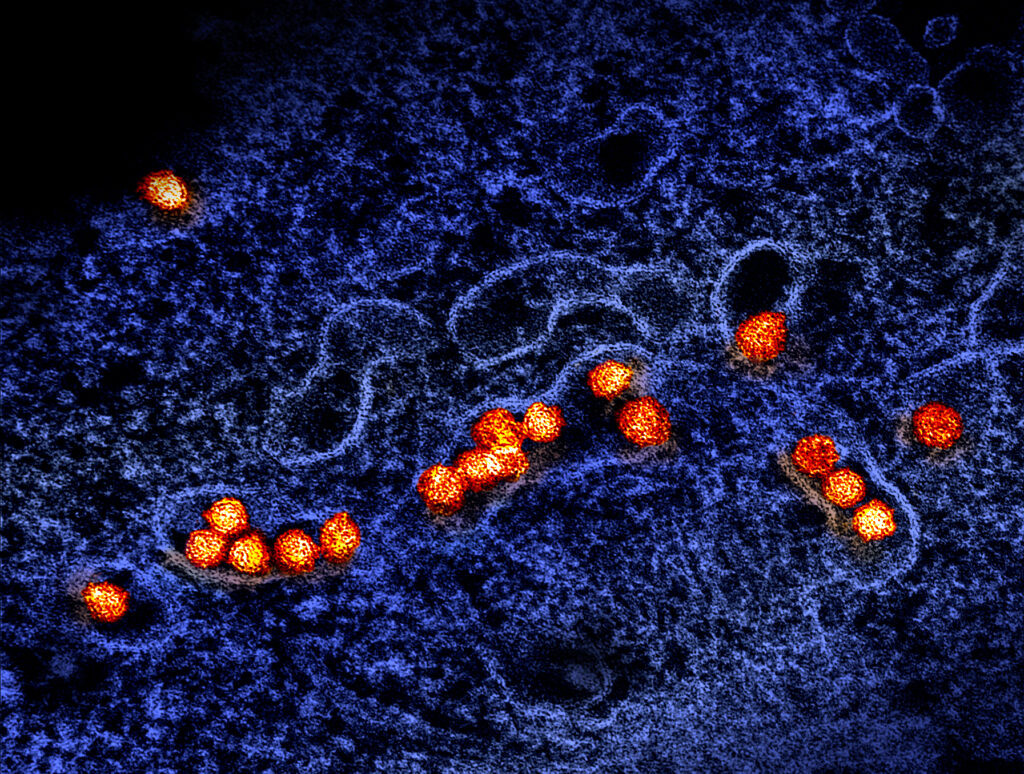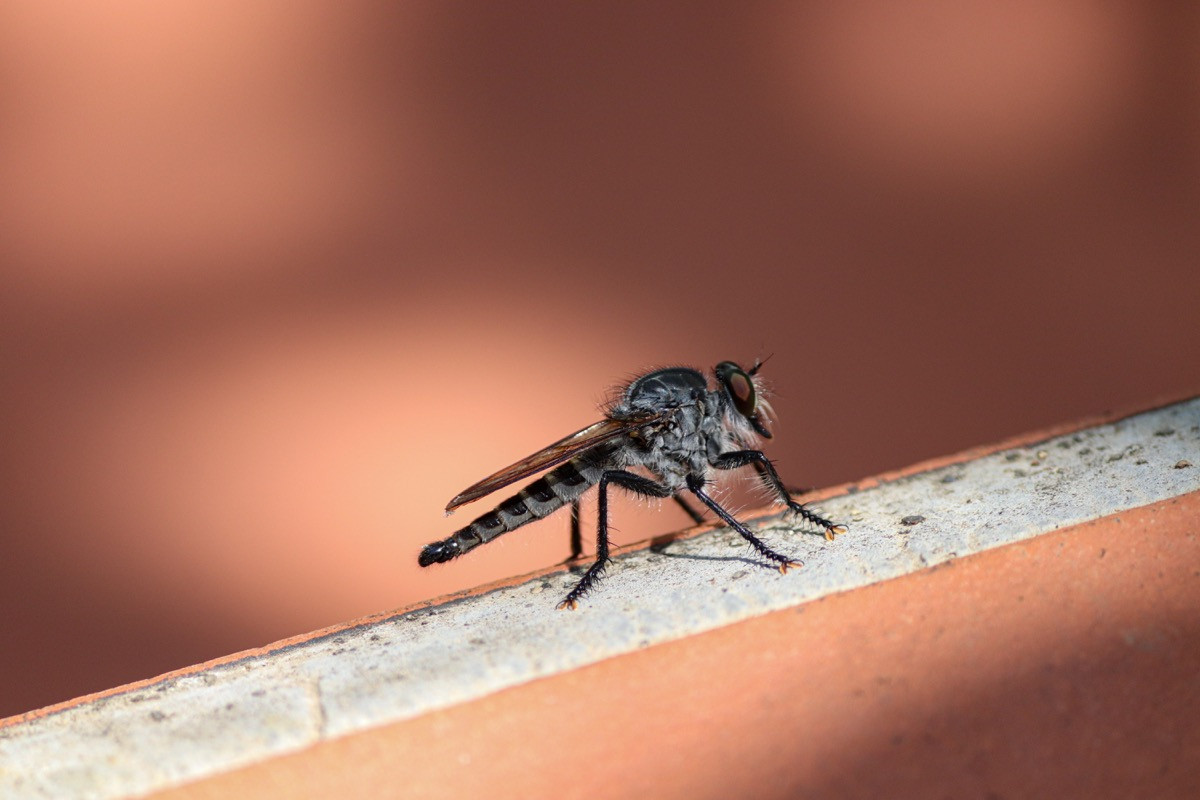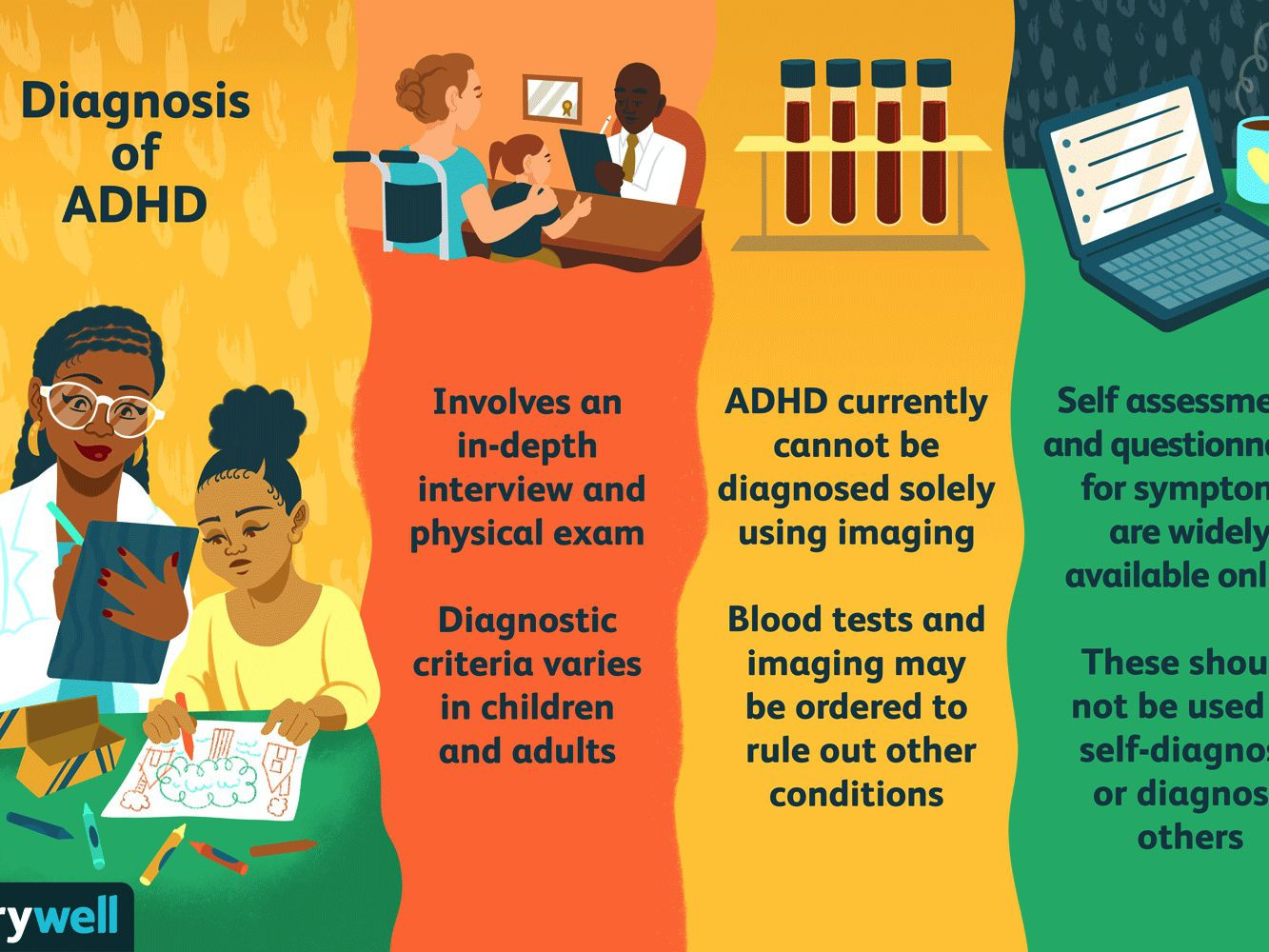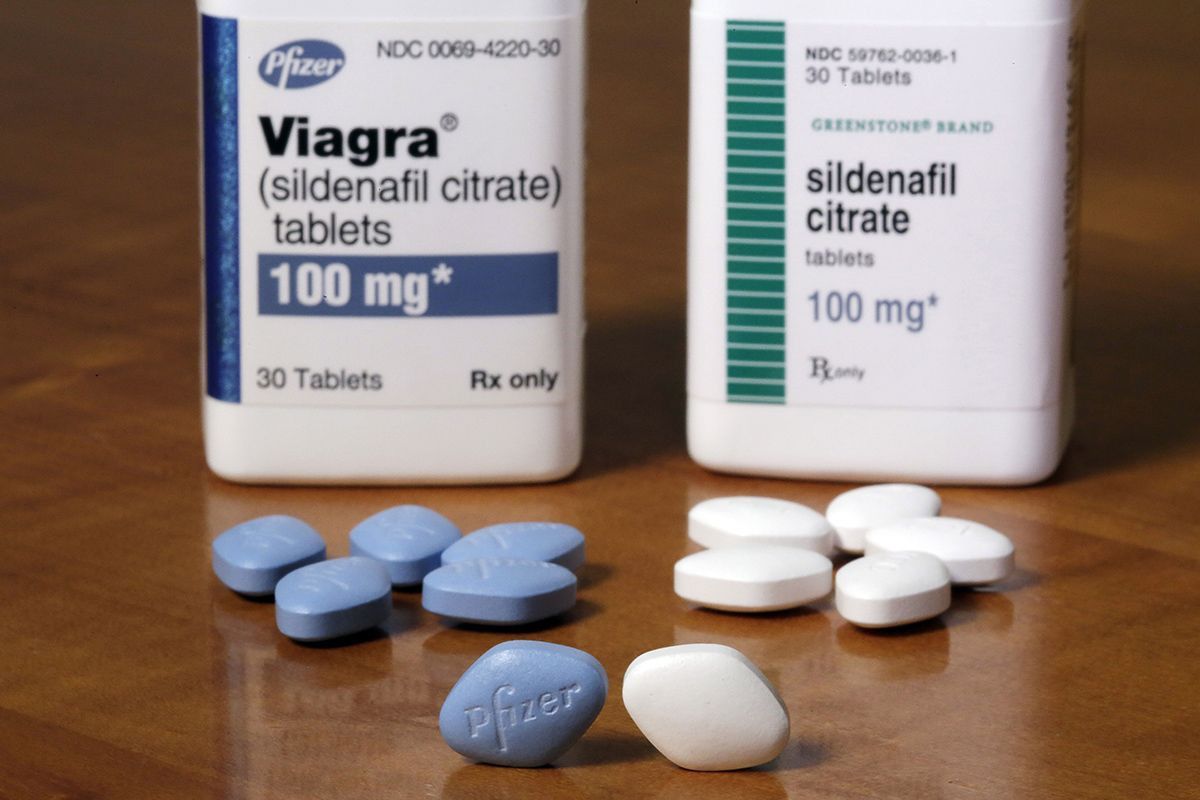Dr. Anthony Fauci, the former government scientist who was both lauded and criticized for his work on Covid-19, was recently hospitalized with a case of West Nile virus and is recovering at home, according to a spokeswoman for the doctor.
“A full recovery is expected,” the spokeswoman, Jenn Kuzmuk, said in a statement on Sunday on behalf of Dr. Fauci, 83, the former director of the National Institute of Allergy and Infectious Diseases.
She did not elaborate on where he was hospitalized or for how long.
Dr. Jonathan LaPook, the chief medical correspondent for CBS News, shared on social media that Dr. Fauci had told him that he had fever, chills and severe fatigue and that he was hospitalized this month. Dr. Fauci said he was most likely infected by a mosquito bite that he got in his backyard, Dr. LaPook said.
What is West Nile Virus?
West Nile virus is most commonly spread through the bite of an infected mosquito and is the leading cause of mosquito-borne disease in the continental United States, according to the Centers for Disease Control and Prevention.
People become infected with the virus after mosquitoes feed on infected birds and then bite people, according to the C.D.C.
“People are considered dead-end hosts because, unlike birds, they do not develop high enough levels of virus in their bloodstream and cannot pass the virus on to other biting mosquitoes,” the agency says on its website.
Symptoms and Transmission
West Nile cases primarily occur during mosquito season, which starts in the summer and continues through the fall. Symptoms may include fever, headache, body aches, vomiting, diarrhea or rash.
While most people infected with West Nile virus do not experience any symptoms, about 20% of those infected will develop a mild illness, according to the CDC. In rare cases, the virus can cause serious neuroinvasive disease, which can lead to encephalitis (inflammation of the brain) or meningitis (inflammation of the membranes that surround the brain and spinal cord).
Fauci's Experience with West Nile Virus
“I really felt like I’d been hit by a truck,” Fauci told Stat on Saturday. “I have to tell you, I’ve never been as sick in my life. Ever. By far, this is the worst I’ve ever been with an illness.”
He added that he did not develop the neurological form of the illness. His temperature rose to 103 Fahrenheit and he said he experienced “shaking chills” and weakness.
Fauci’s case highlights the importance of taking precautions to avoid mosquito bites, especially during peak mosquito season.
Prevention and Treatment
There is no vaccine or specific treatment for West Nile.
The best way to prevent West Nile virus is to avoid getting bitten by a mosquito. The CDC recommends using insect repellent, wearing long-sleeved shirts and pants, and taking steps to control exposure to mosquitoes — particularly at dawn and dusk. Eliminating any standing water outdoors can help prevent mosquitoes from breeding.
While most people infected with West Nile virus do not experience symptoms and do not need to seek diagnosis or care, those who do develop symptoms should be assessed by a health care provider. Treatment for serious cases involves supportive care, such as intravenous fluids and monitoring for secondary infections.
West Nile Virus and Climate Change
The virus is not contagious among humans. It’s spreading, in part, because rising temperatures attributable to climate change are pushing mosquitoes further north, del Rio said. Frequent flooding across the U.S. creates more breeding grounds for mosquitoes, too.
A Look Back: Fauci's Career and the Pandemic
Lauded as the nation’s top infectious disease expert, Dr. Fauci, President Biden’s former chief medical adviser, retired in December 2022 as director of the National Institute of Allergy and Infectious Diseases, part of the National Institutes of Health, after 38 years.
As a public face of U.S. government science for decades, Dr. Fauci advised seven presidents and guided the country’s response to infectious disease outbreaks from the AIDS epidemic to Covid-19.
Dr. Fauci joined the faculty at Georgetown University last year as a distinguished university professor at its medical school.
In June, testifying before a House panel investigating Covid’s origins, he denied Republican allegations that he had helped fund research that led to the pandemic or that he had covered up the possibility of its origins in a laboratory.
The Future of West Nile Virus
Will the people who scoffed at Fauci seek such a vaccine if West Nile becomes a big enough problem?
Their track record points towards no, and ultimately that’s their loss.
Looking Ahead
Dr. Anthony Fauci, former director of the National Institute of Allergy and Infectious Diseases, is recovering at home after being hospitalized with West Nile virus, a spokesperson said.
About 1,000 Americans are hospitalized each year with the most severe form of West Nile virus, which is the most common mosquito-borne disease in the continental United States. Another 1,500, on average, are diagnosed after developing symptoms, although experts estimate that as many of 80% of infections in the US are never identified.
The heaviest virus activity is usually seen in August and September. As of August 20, 216 cases have been reported this year in 33 states, with 142 neuroinvasive cases, according to preliminary data from the US Centers for Disease Control and Prevention.
“The good news is I’m absolutely going in the right direction,” he said. “The sobering news is that it’s going to take weeks and weeks to get back to normal. That’s the history of West Nile. It just wipes you out so badly.”
The Ongoing Misinformation Campaign
The news about Fauci's illness solicited online well wishes for his recovery, but it also attracted people with not-so-kind words, lingering blowback from his prominent position among people who hated the pandemic lockdowns or the COVID vaccines.
An ongoing misinformation campaign has been leveled against the doctor, who for years previous had been seen as a mostly non-partisan medical expert, serving both Democrat and Republican presidents until anti-vaccine activists and political opportunists painted him as Public Enemy No. 1 for the government's faltering response to the COVID pandemic and the public push for vaccines.
There's very little evidence that the COVID vaccine does much besides prevent severe coronavirus symptoms, though conspiracy theorists have continued to insist without evidence that it alters your DNA or causes various medical problems.
A Reminder of the Importance of Public Health
Fauci’s case serves as a reminder of the importance of public health and the need to be vigilant in protecting ourselves from infectious diseases. It also highlights the importance of taking precautions against mosquito bites, especially during peak mosquito season.
As for West Nile virus, there is no known vaccine approved for human use. Like what Fauci experienced, the common signs of the virus include fevers, chills, muscle aches and nausea.
People infected by a mild form of the virus should expect a full recovery, but the worst cases can lead to brain damage or death.
And though relatively rare compared to the common flu, it's still considered the most common mosquito-borne disease in the United States, with more than 2,000 people diagnosed with West Nile each year.
But West Nile's spread is projected to become worse with the rising impact of climate change, which may necessitate the development of a vaccine for the greater public.


















